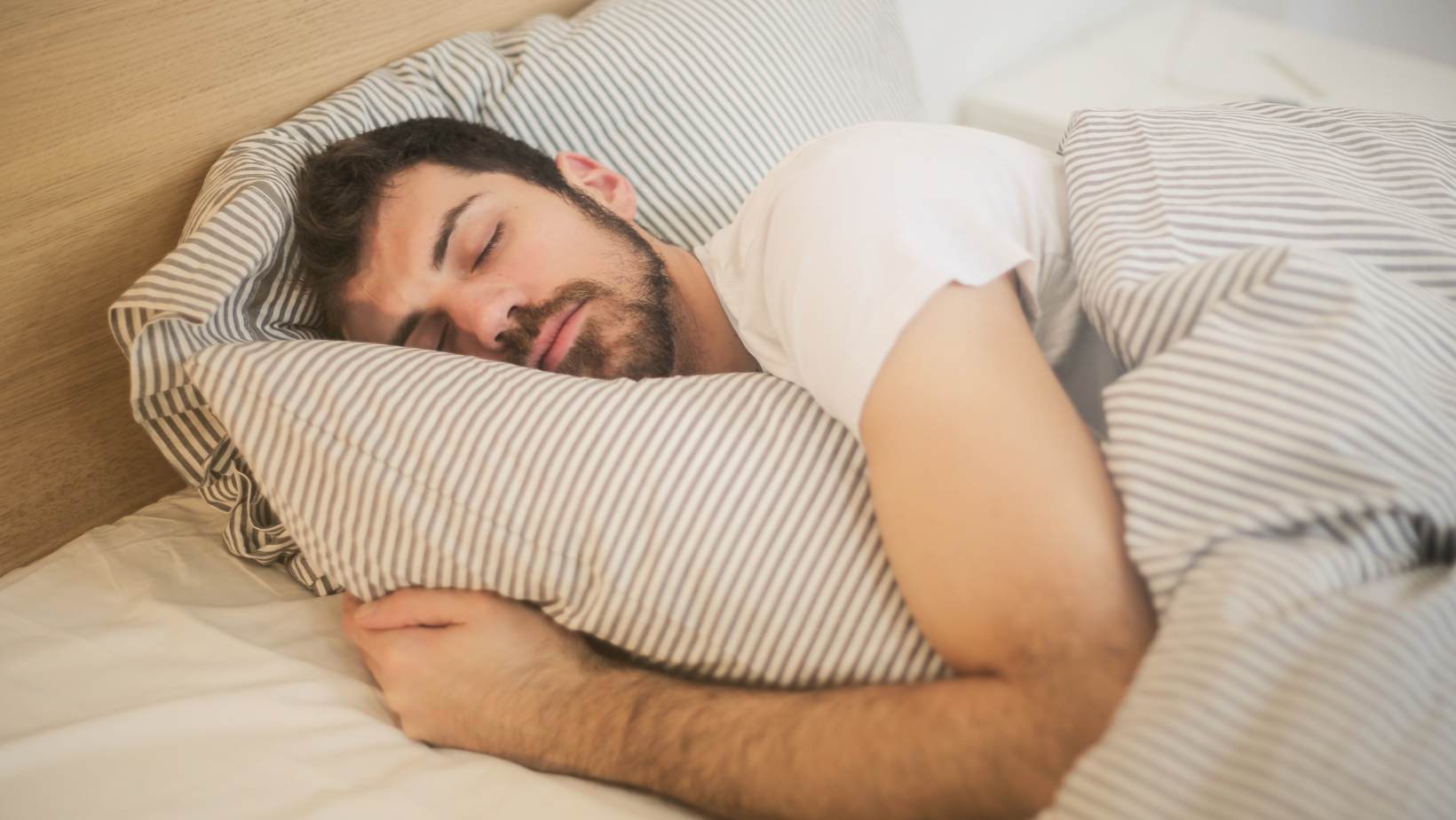If you’re among the nearly half of adults struggling with sleep, you’re likely no stranger to the endless parade of well-meaning advice: stick to a strict schedule, cut out blue light, track your REM cycles. But according to Dr. Michael Thompson, a renowned sleep researcher at the University of Oxford, much of this conventional wisdom is more myth than fact. In this eye-opening interview, he shares the science behind what really works for better rest.
Myth #1: Timing Doesn’t Matter, as Long as You Log Enough Hours
Turns out, when you sleep is just as important as how much. “Our bodies have an internal clock, the circadian rhythm, that’s highly sensitive to light,” explains Dr. Thompson. “Sleeping at odd hours, like with jet lag or shift work, disrupts this rhythm and increases risk of everything from cognitive issues to heart disease.” The key? Aim to align your sleep with natural light-dark cycles as much as possible.
Myth #2: Everyone Needs Exactly 8 Hours
While 8 hours is often touted as the magic number, sleep needs are highly individual. “Healthy sleep can range from 6 to 11 hours,” says Dr. Thompson. “Instead of fixating on a number, pay attention to how you feel. Do you wake naturally, without an alarm? Feel energized throughout the day? Those are better indicators of sufficient sleep than an arbitrary benchmark.”
Myth #3: Waking at the Same Time Every Day Is a Must
Consistency is helpful for regulating your body clock, but you don’t need to be a drill sergeant about it. “Life happens,” Dr. Thompson reassures. “It’s okay to sleep in occasionally after a late night. The bigger picture of regular habits matters more than rigidly waking at precisely the same minute each day.”
Myth #4: Blue Light Is the Enemy of Sleep
While blue light from devices has been demonized as a sleep saboteur, the reality is more nuanced. Dr. Thompson points to a Harvard study where subjects using a bright Kindle for hours before bed only lost an average of 10 minutes of sleep. “Statistically significant, but biologically meaningless,” he sums up. “Moderation and common sense with screens matter more than blue light per se.”
Myth #5: Sleep Apps Guarantee Better Rest
From wearables to mattress trackers, sleep tech is booming – but is it actually helpful? “No sleep apps are currently FDA approved or endorsed by sleep organizations,” cautions Dr. Thompson. “The algorithms are often based on limited data and can’t account for individual variations. Trusting how you feel is a better barometer than chasing an app’s arbitrary sleep score.”
Myth #6: Melatonin Is a Miracle Sleep Aid
Melatonin supplements are wildly popular, but their benefits may be overstated. “The best studies show melatonin reducing time to fall asleep by an average of 7 minutes,” says Dr. Thompson. “Hardly a miracle cure. It may have some use for jet lag, but for most, the effects are minimal.”
Myth #7: Polyphasic Sleep Hacks Productivity
Polyphasic schedules, or sleeping in multiple chunks throughout the day, have been touted as a productivity hack. But Dr. Thompson warns this fragmented sleep can backfire. “Studies show polyphasic sleepers perform worse on exams and tasks. Quantity doesn’t equal quality when it comes to sleep and cognitive function.”
Your Burning Sleep Questions, Answered
What’s the best way to figure out my individual sleep needs?
Keep a sleep diary for a week, noting when you naturally feel tired, when you wake up, and how energized you feel during the day. Experiment with slightly different bedtimes and wake times within that range until you find your sweet spot.
Do I have a “chronotype,” and how does it impact my sleep?
Chronotypes refer to your natural inclination toward being a “morning lark” or “night owl.” While it can shift over your lifetime, knowing your chronotype can help you optimize your schedule to your body’s natural rhythms.
What’s the single most important thing I can do to improve my sleep?
Prioritize consistency over perfection. Aim to keep a regular sleep schedule, get natural light exposure during the day, and create a relaxing wind-down routine at night. Small steps in the right direction matter more than striving for an elusive ideal of “perfect” sleep.
